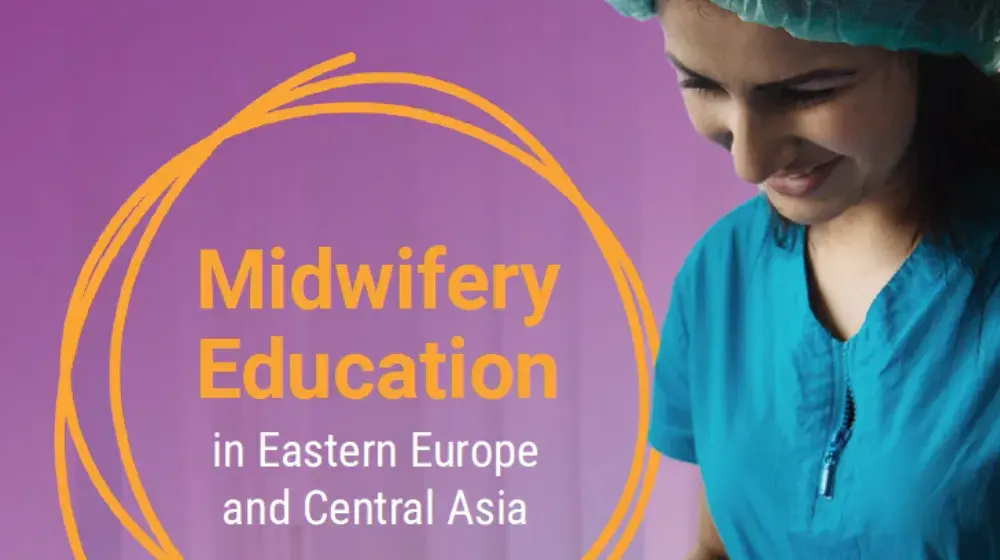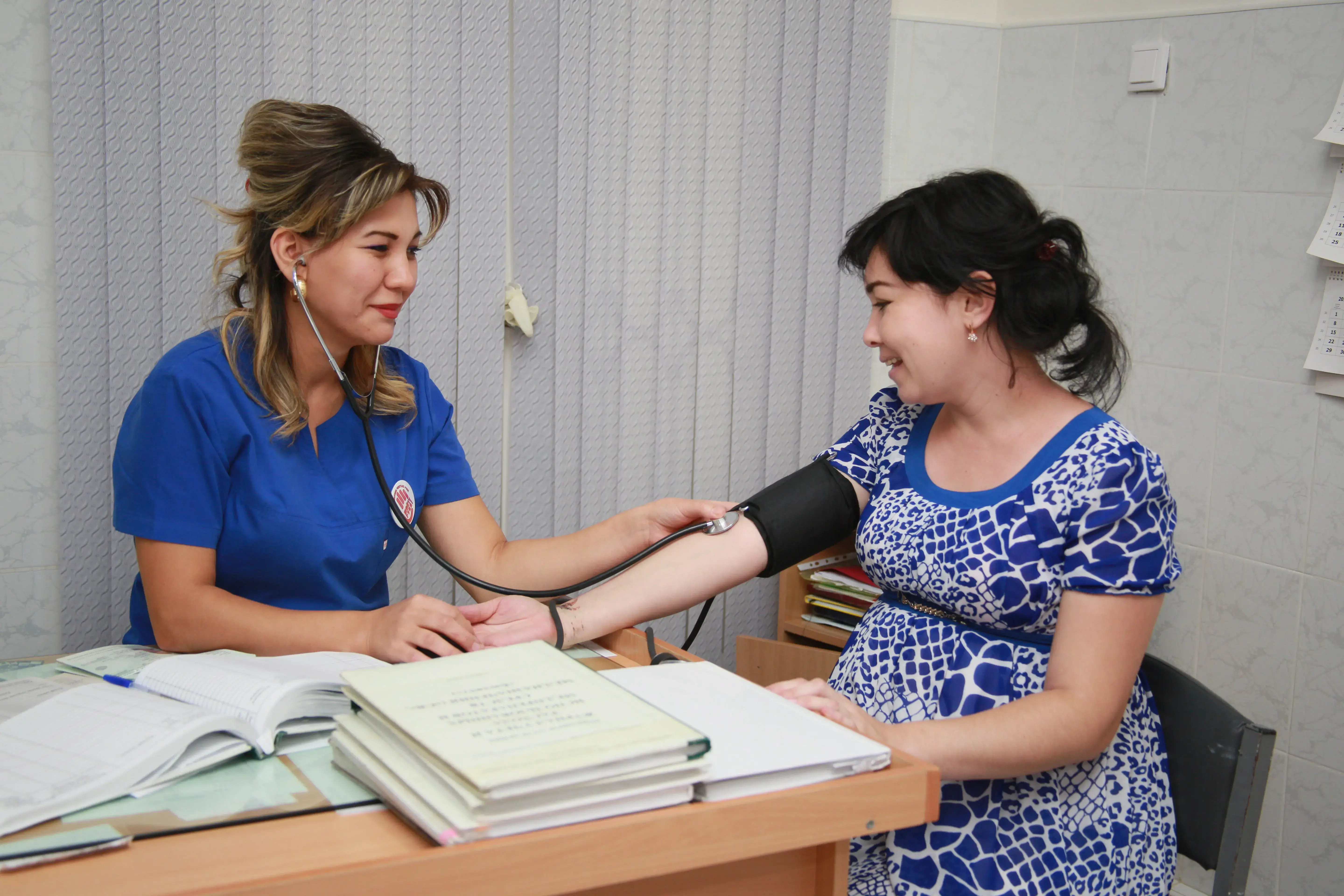National family planning programmes have made significant progress over the past few decades. Currently, the contraceptive prevalence rate for women of reproductive age married or in union in CIS countries is about 60 per cent (WHO). But a number of serious challenges remain. Fewer than 50 per cent of women in Eastern Europe and Central Asia use modern methods; in some countries, even fewer than 20 per cent. The main reasons: poor counseling, high costs, and lack of choice and unreliable supply of contraceptives. Furthermore, there are large disparities within countries related to poverty, age, gender, geographical location and marital status. Women with low income have less access to family planning services than their peers with higher income levels. Rural areas tend to have poorer populations compared to those in urban locations. Moreover, there are a number of groups such as adolescents, the urban poor, rural communities, and people living with HIV which require particular attention. Compared to the general population, they often face a combination of access barriers, leading to high rates of unintended pregnancy; increased risk of HIV and STIs; and higher levels of unmet needs. Progress has also been constrained by declining political and financial commitment to family planning over the past decade.
Individuals and couples have the right to decide the number of children they want and the spacing between births. For this right to be realized, secure supplies of reproductive health essentials such as condoms, contraceptives and other medicines and equipment as well as information and quality counseling should be in place. Everyone should be able to obtain and use affordable, quality reproductive health supplies of their choice whenever they need them.
UNFPA works to increase access to and utilization of quality family planning services for individuals and couples. The regional programme has strengthened its focus on family planning, including its integration within comprehensive reproductive health services and linkages with maternal health care and HIV prevention. Only a few countries in the region contribute to contraceptives purchase and UNFPA’s work in the region focuses on evidence-based advocacy to increase national ownership of family planning programs and essential reproductive health supplies.
Since most of the countries in the region are Middle-Income Countries, UNFPA supports national partners in developing strategies which will help to improve access to, and equity of, reproductive health and family planning services for marginalised and otherwise under-served populations, including through the Total Market Approach
UNFPA supports assessments of the affordability of contraceptives which will assist countries in exploring innovative and sustainable ways of providing an adequate supply of family planning essentials for all to access. There is also a need to increase demand for modern contraceptives through advocacy and engaging community-based and civil society organizations. Policies should focus on improving socio-economic conditions for families to have children, while ensuring family planning is always voluntary and never imposed. Non-judgmental and voluntary family planning services are essential particularly for women living with HIV and their partners, thereby decreasing the risk of mother to child transmission of HIV.








